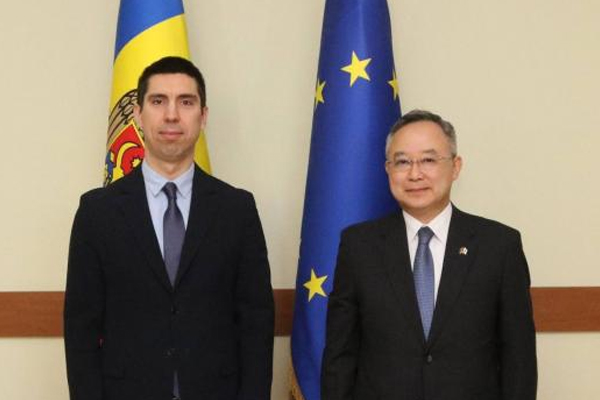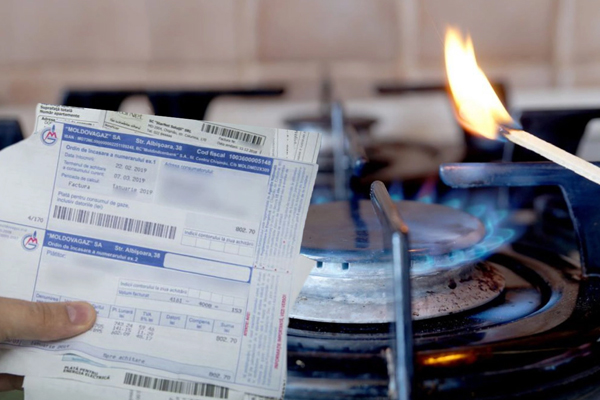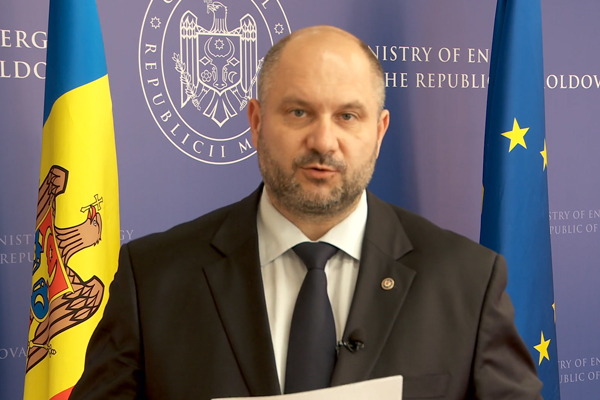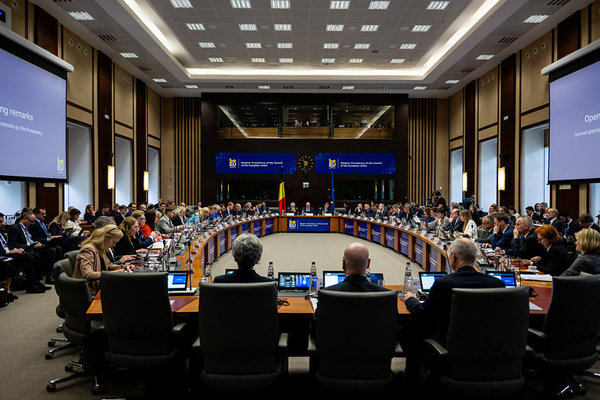Reports
17.01.2006 MOLDOVA SHOULD FOLLOW BALKAN COUNTRIES’ EXAMPLE IN TRADE WITH EU – EXPERTS

Chisinau, January 17 (Infotag). The Republic of Moldova should follow the example of Balkan nations in liberalization of trade with the European Union. Such is the conclusion made by a group of independent experts who have carried out a research to examine Moldova’s possibilities to liberalize trade with the European Union.
The study was undertaken on the initiative of the CASE-Moldova society for socio-economic researches with financial assistance provided by the British Embassy to this republic.
One of the researchers, Mr. Octavian Calmic of the Moldovan Ministry of Economy and Trade, told a news conference in Infotag today that in order to receive autonomous preferences in trade with EU member states, Moldova has to attach a particular importance to perfecting its system of commodities certification and to raising the efficiency of customs management.
Calmic said the system of autonomous preferences envisages a practically free access of goods to the European Union market. This summer, a EU assessment mission will come to Chisinau to examine the situation in the spheres of certification and customs management.
Another researcher, Marianna Puntea, pointed out that thanks to the system of autonomous preferences, the Balkan countries have increased their exports to the European Union by 40% in recent several years, and the annual export growth was nearly 8%. But they achieved such success only upon harmonizing their national certification and customs spheres with European standards.
The third researcher, Eugen Hristev, believes Moldova has received a very rare chance, “but even if the European Union supplies us with a system of autonomous preferences, our exports will not go up unless Moldova has achieved qualitative changes in certification of goods”.
Calmic added that in order to improve the quality of certification services and customs management, Moldova does not need inventing anything new, but should only follow the example of other countries, including the neighbor Romania.
“In that sense, efforts need to be made not only by the public sector but by the private sector as well. So far, they act separately”, he said.
The researchers underlined that besides providing the system of autonomous preferences for Moldova, it is also possible to sign an agreement on asymmetric trade between the Republic of Moldova and the European Union. They believe such signature may take place in 2008, when Moldova will have fulfilled the EU-Moldova Action Plan.















Add comment